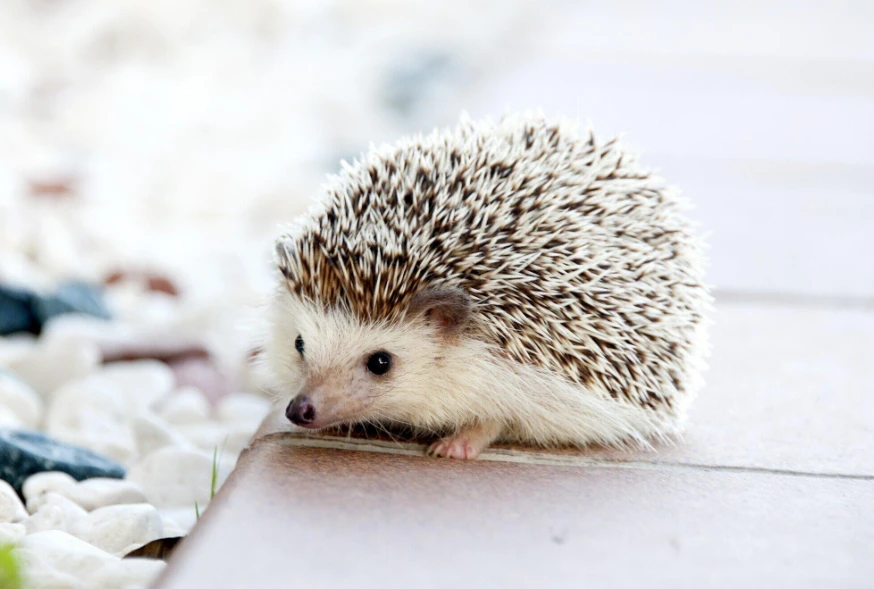Did you know that as of 2024, 66% of U.S. households own a pet?
Choosing a pet is an exciting journey. It’s a chance to add a unique companion to your life. While dogs and cats are common, small exotic pets offer many interesting options. These pets can bring joy and excitement to your home.
However, picking the right exotic pet requires careful thought. In this article, we will help you find the perfect one for you. Read on to learn about different species, care requirements, and considerations.
Popular Types
Exotic pets encompass a range of species, from friendly rodents to charming reptiles. Some popular choices include:
Sugar Gliders
Sugar gliders are small marsupials. They’re known for their playful nature. They can glide through the air, which makes them unique.
These pets are social and enjoy being with others. They are nocturnal, so they are active at night.
Chinchillas
Chinchillas are soft and fluffy. They are very social and love to play. They need plenty of space to jump around.
They also enjoy dust baths to keep their fur clean. Chinchillas are sensitive to heat and need a cool environment.
Leopard Geckos
Leopard geckos are friendly reptiles. They are easy to care for. This makes them a great choice for beginners.
They don’t need a large space to live. They are low-maintenance pets.
Finger Monkey
The finger monkey is a tiny primate. It is often called a fascinating exotic pet.
However, potential owners must think about its complex needs. These monkeys need a lot of attention and care.
They require a specific diet and space to live. You can dive deeper into what is a finger monkey and understand the responsibilities that come with such a choice.
Care Requirements
Before bringing an exotic pet into your home, consider their care needs. Different species vary widely in their environment, nutrition, and social interaction. Here are some key points to consider:
Habitat
Space needs can vary. Reptiles often need a terrarium with controlled temperatures. Small mammals may need larger cages with many toys.
The right habitat is key to their health. It’s important to mimic their natural environment.
Diet
Exotic pets have special diets. Each pet has different dietary needs. It’s important to know what foods are best for them.
Always provide fresh food and clean water. Avoid feeding them harmful foods like chocolate or caffeine.
Social Needs
Many exotic pets are social. It’s important to understand your pet’s social needs.
Pets that are social may get lonely without attention. They can become stressed or anxious if ignored.
Veterinary Care
Veterinary care is important for exotic pets. Regular check-ups can help keep them healthy. Some exotic pets need special care from a vet with experience.
Considerations Before Getting an Exotic Pet
First, consider your lifestyle. Some pets need more attention than others. Make sure you can meet their needs.
Next, check if there are any legal restrictions in your area. Some pets may need permits or be regulated.
Always adopt from a trusted breeder or shelter. Be sure you can provide for your pet’s needs. Proper pet care is essential for a happy, healthy pet.
Bringing Home the Perfect Small Exotic Pets
Welcoming small exotic pets into your life can be a rewarding experience. As you decide on the right pet, ensure you consider your lifestyle and the specific needs of the species.
Remember, the key to a healthy pet-human relationship is understanding! Explore, research, and bring home a friend that complements your life!
For more informative articles, check out the rest of our website!




